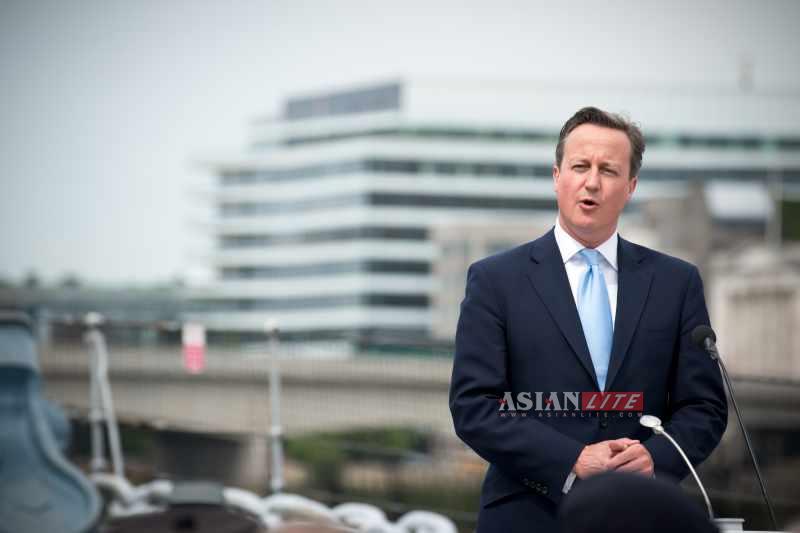Prime Minister David Cameron will travel to Brussels for an informal dinner with other EU leaders where the election EU results will be discussed.

Following the debacle in the elections, Mr Cameron has pushed the case for changes in the relationship between Brussels and EU member states in a series of phone calls to other heads of government.
The European elections result is the first time a party other than the Conservatives or Labour has won a UK national election for 100 years.
Far-right anti-EU parties, including the Front National in France, made gains across Europe as did anti-austerity groups from the left.
BBC political correspondent Iain Watson says Mr Cameron will attempt to seize the initiative following the Conservatives’ first-ever third place in the European elections, BBC reported.
The prime minister telephoned fellow EU leaders, including Germany’s Angela Merkel, ahead of Tuesday evening’s meeting in Brussels to emphasise that the results of the European elections, and the low turnout, have underlined the need for reform.
But supporters of Eurosceptic campaign group Business for Britain have written in Daily Telegraph calling for Mr Cameron to spell out more clearly which powers should be taken back to Britain from Brussels.
Mr Cameron has received conflicting advice from two former Conservative cabinet members on how to handle UKIP at the next election.
Lord Tebbit told the BBC he would support informal pacts that could see Conservatives backing those UKIP candidates who had the best chance of defeating Labour or the Lib Dems.
Lord Tebbit also said Mr Cameron needed to publish this year the bill for a referendum on Europe in 2017, and set out soon the areas in which he wanted to renegotiate powers back from Brussels.
He said about UKIP’s success in the elections: “I don’t think we’ll see them sweep to power at the next election but unless the government can come up with answers to which UKIP are asking, lord knows what will happen.”
Lord Heseltine said any pacts would split the party and there should not be a deal with UKIP “under any circumstances”.
“If you say to me, ‘Are they going to be a major force in the next general election?’ the answer is no,” he said.
“It was the place to go to protest about certain things that have been happening which they associate with Europe, but the real problem is the recession.
“Whenever you get a recession of this sort, mid-term election results find a protest point. It used to be the Lib Dems.”